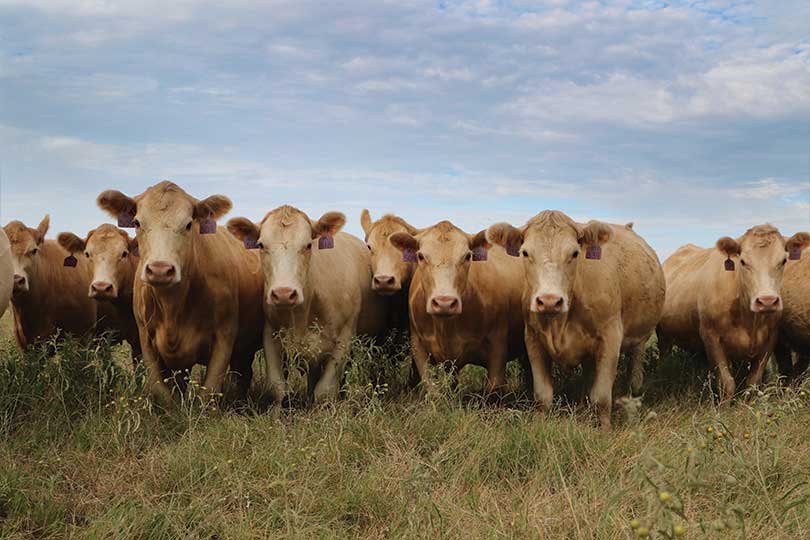The U.S. Department of Agriculture (USDA) awarded 12 organizations and universities, including one in Texas, more than $3.2 million to study antimicrobial resistance and create dashboards.
USDA’s Animal and Plant Health Inspection Service said the awards will “help advance scientific knowledge around antimicrobial resistance,” which is the threat of less effective antibiotics and other antimicrobials.
The Texas recipient is Texas Tech University. Other recipients include the National Association of State Departments of Agriculture, Cornell University, Iowa State University, University of Florida, North Carolina State University, University of Illinois, University of Missouri and the University of Washington.
APHIS will use the new dashboards to monitor trends in antimicrobial resistance patterns, detect emerging resistance and “better understand relationships between antimicrobial use, animal health management practices and antimicrobial resistance.”
The projects will specifically aim to improve information available on antimicrobial resistance in livestock, poultry, and companion animals.
The public-private partnerships aim to improve access to information on antimicrobial resistance in domesticated animals, including livestock, poultry and companion animals. They will focus on:
- Developing antimicrobial resistance dashboards to securely track the emergence and spread of antimicrobial resistant microbes in domesticated animals.
- Identifying and/or developing methods for protecting data confidentiality with these dashboards.
- Identifying data user needs and preferences for antimicrobial resistance dashboards.
- Exploring aspects of data management for antimicrobial resistance dashboards.
Congress directed and provided funding to APHIS to carry out this project as part of USDA’s fiscal year 2021 and 2023 appropriations. With its extensive animal health expertise and strong federal, state, tribal and industry partnerships, APHIS plays a critical leadership role in identifying antimicrobial resistance in diseases found in animals, such as livestock and poultry, while protecting the nation’s food supply.

